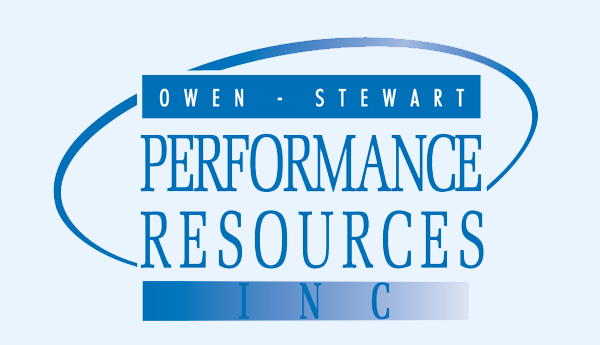Ethics Made Simple
Ethics Made Simple is a short but comprehensive workplace ethics training program that covers virtually every major workplace ethics topic. Make sure your employees are armed with the facts about what behaviours are unacceptable in your workplace.
French Version Now Available!
Runtime: 8 Minutes
Inclusions:
- DVD or USB
- Facilitator’s Guide
- Post-Training Quiz
Key Learning Points:
- Ethical organizations have good morale and increased productivity
- Ethical organizations and employees avoid fines, lawsuits, and ruined reputations
- Ethics violations affect everyone in a workplace—negatively
$395.00
French Version Now Available!
Workplace Ethics is a serious topic. Not only does it involve laws and regulations that dramatically affect an organization’s future, but it also has a profound effect on productivity, employee morale, and an organization’s reputation. It is imperative that ethical standards are understood and followed.
An organization’s reputation and survival depend on its employees following ethical standards. Because of the serious nature of workplace ethics, there are also serious consequences for employees who violate ethical standards – some possible disciplinary actions include written warnings, suspension, demotion and
termination.
And if the ethics violation also breaks the law, it can result in fines, lawsuits, and even prison terms!
If you have any question about whether a behavior meets legal or ethical standards seek advice from your manager, human resources or your legal department.
- Workplace ethics can be complicated, but the most effective approach to ensure compliance is to work together as a team. This includes respectfully reminding or educating co-workers when ethics issues arise.
- Ethics violations can literally put an organization out of business. If you witness an ethics violation that breaks the law or is particularly serious in nature, it should be reported immediately to management, human resources or your legal department.
- Ethics violations affect everyone in the workplace. It’s every employee’s obligation to conduct themselves strictly in compliance with his or her organization’s ethical standards.
This organizational ethics training program covers:
- Stealing workplace resources such as office supplies, unauthorized photocopies, and computer printouts.
- The theft of merchandise from retail locations or manufacturing facilities.
- Illegally copying or downloading patented or copyrighted materials
- Taking credit for or stealing the work of co-workers and passing it off as your own or taking full credit for a project you were given assistance on.
- Reporting more hours than you actually worked, falsifying pay records or reporting inflated business expenses for reimbursement.
- Deliberately doing less work than you are capable of out of laziness or to lower future expectations.
- Socializing with friends or family during work hours via the telephone, social networking sites, instant messaging or any other means of communication.
- Falsifying company documents to pass inspections by your organization or by local, state or federal government officials.
- Lying to or misleading customers about the attributes of your organization’s products or services or the ability to deliver those products and services.
- Falsifying the results of research and development to benefit your organization or to further your own personal career.
- Over-promising results in order to gain support for a project or for personal advancement within an organization.
- Destroying sensitive company documents and emails that could be harmful in the case of audits, reviews and litigation.
- Violating anti-trust laws by colluding with competitors.
- Manipulating financial information to achieve organizational or personal goals
- Failing to follow your organization’s safety procedures or failing to follow federal, state or local government safety rules.
- Viewing or sharing confidential customer, patient or employee information without authorization or approval.
- Insider trading
- Gossiping or spreading rumors about your co-workers.
- Verbally intimidating a co-worker through the use of taunting, teasing, yelling and sarcasm
- Menacing a co-worker with threatening looks, gestures and body language.
- Sexual Harassment
- Giving bribes to or accepting bribes from a business competitor for confidential information.
- Giving bribes or gifts to public officials for favorable rulings on inspections, licenses, permits or other government controlled decisions.
- Bribing public officials from foreign countries.
- Basing an employment decision such as hiring, promotion or compensation on a person’s race, color, national origin, age, gender, marital or family status, religion or genetics rather than on his or her ability or experience.
- Treating a co-worker poorly or unfairly because of a bias, stereotype or prejudice stemming from a perceived difference.


